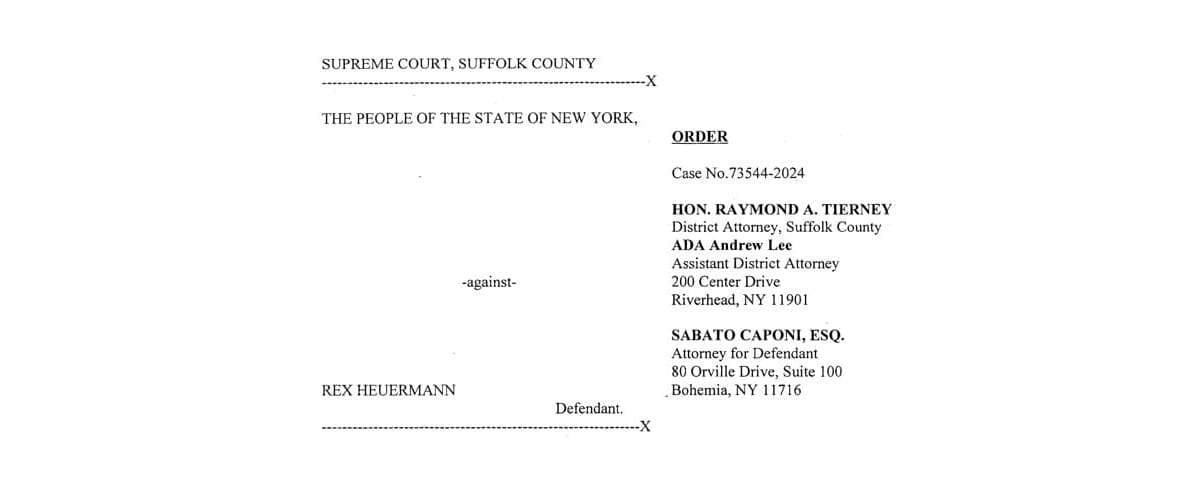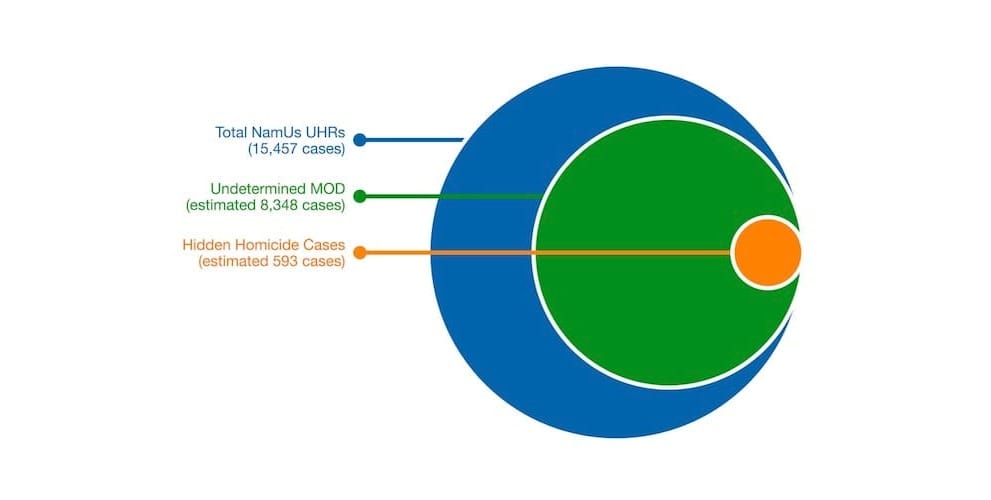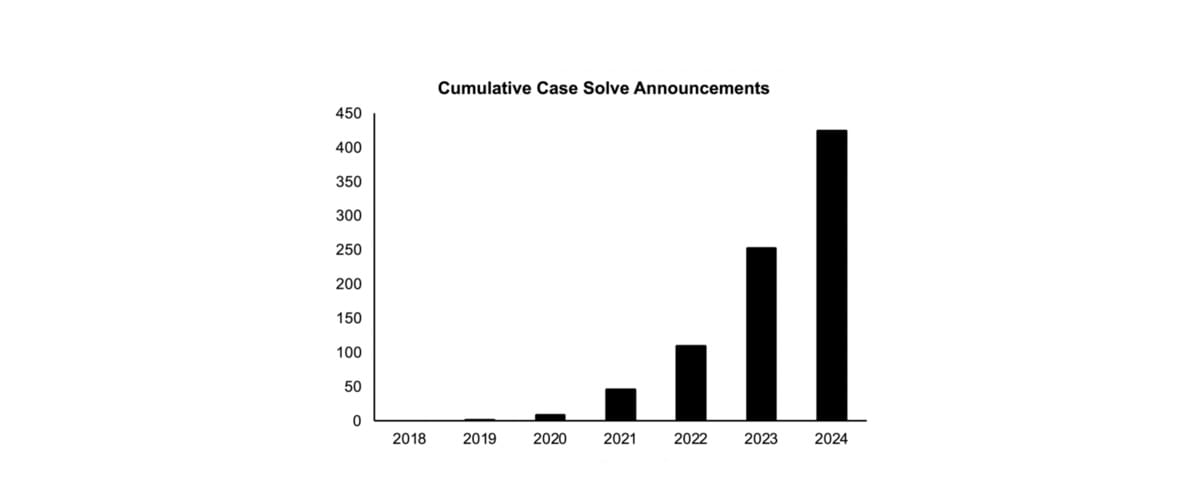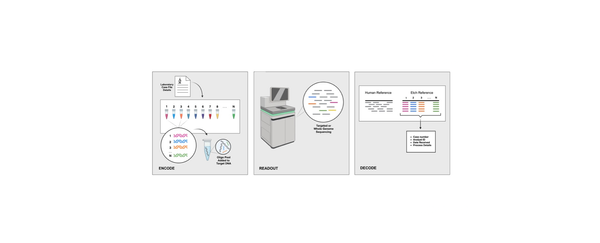What is the Scope of New York’s Public Health Law in Forensic DNA Testing?
A recent New York court ruling clarifies that the state’s Public Health Law regulates medical, not forensic, DNA testing, confirming that the admissibility of forensic SNP evidence doesn't depend on Department of Health permits.













